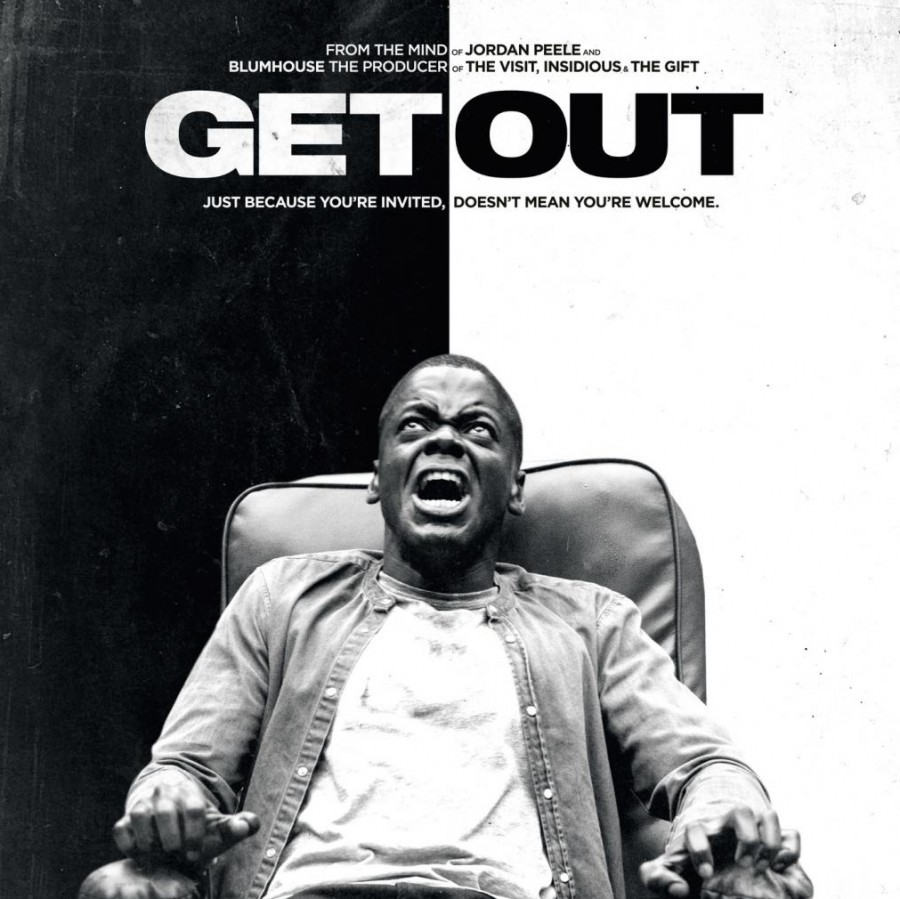Last Tuesday, Blumhouse, the studio responsible for the horror-satire “Get Out”, was reported to have submitted their film to the upcoming Golden Globes under the category of Best Musical or Comedy. This decision stirred up a surprisingly active controversy surrounding the issue.
An often hotly contended category, the Golden Globes’ Best Musical or Comedy section has been known for its controversial choices. Most recently, the 2017 Golden Globes placed “The Martian,” the Matt Damon space odyssey dramedy, in the same category, much to people’s confusion. The category’s constraints seem to house a nebulous smörgåsbord of cinematic misfits that each fail to fit into neat definitions.
As “Get Out” spans a number of genres including comedy, horror and drama, defining it has proven incredibly difficult and this inability to be classified is a large part of what led it to its placement as a comedy. Undeniably, the film features a number of jokes and often assumes the generic conventions into which most comedies fall. But because of its heavy thematic material and politically charged purpose, the delineation between “drama” and “comedy” is indistinct.
In response, many, including the film’s director and writer, Jordan Peele of the sketch comedy show “Key & Peele”, have raised concerns with labeling the film as a “comedy”, believing that the label would invalidate the important societal and political commentary the movie makes.
Peele jokingly tweeted Wednesday that “‘Get Out’ is a documentary,” referring to the fact that the film’s racial themes are experiences that many black people have faced throughout their life. “The major point to identify here is that we don’t want our truth trivialized. The label of comedy is often a trivial thing. The real question is, what are you laughing at?” he later clarified at an event later that day.
Whether or not the film fits into the comedy category is a tricky subject. On one hand, as Peele and others have stated, to call the film a comedy undersells the severity of the piece. While the film has its fair share of comedic elements, comedy serves more as a facilitator to its ultimate meaning rather than the sole focus of the piece — which is why many believe deeming “Get Out” as a “comedy” solely shows a deep misunderstanding for the movie.
Yet, as some have mentioned, the backlash against the category shows an inherent bias against the genre: who says comedic films cannot be valuable social commentaries? Early comedy, such as that created by the Greeks and Romans in antiquity, was often imbued with a strong political drive. Satirists like Aristophanes and their works were lauded by many. Societal purpose often plays a major role in the development of comedy and its humorous aspects do not inherently devalue it as an important work in the modern context.
Whether or not “Get Out” was accurately labeled as a comedy for the award season, this film and its lead, Daniel Kaluuya, will be strong contenders in their category.









